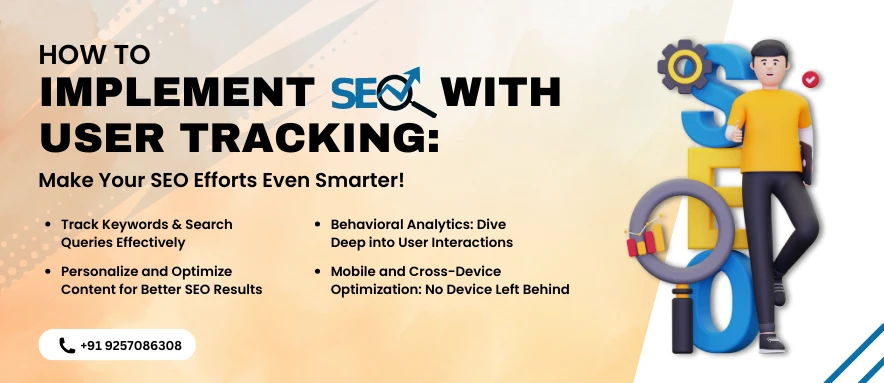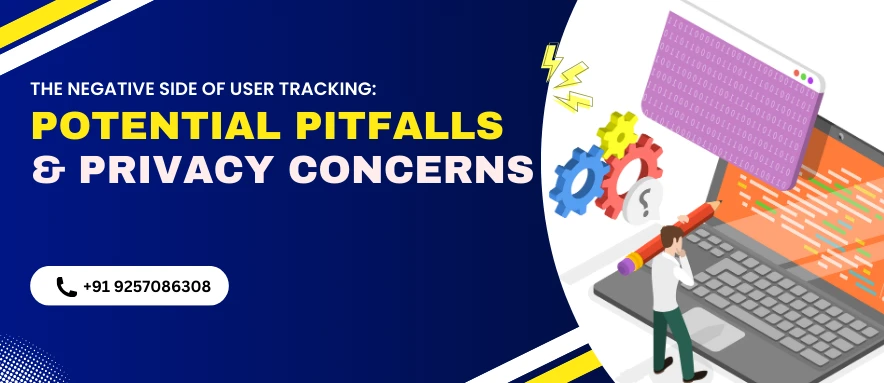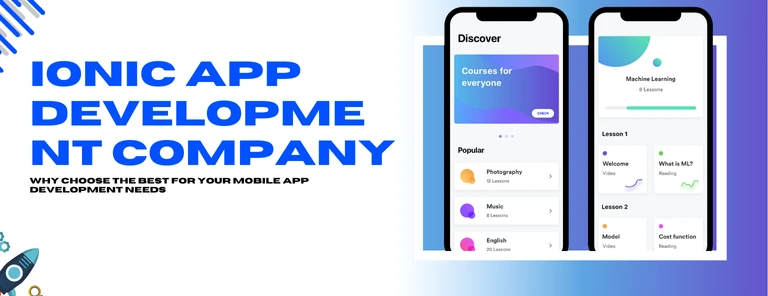In today’s digital-first world, businesses are no longer just focusing on how many clicks or visits their website receives—they’re focusing on how to understand the behavior behind those clicks. The real question becomes, “What are users doing once they arrive on your site?” Enter the Digital Marketing Strategy that Tracks Users Across the Web—a game-changer for companies looking to engage customers at a deeper level and boost their online performance. And who better to guide you through this than Dqot Solutions, your go-to partner for innovative digital marketing strategies?
This strategy, which relies on tracking and analyzing user behavior across various platforms and devices, allows businesses to gain insights that were once thought to be impossible. Not only does it help in personalizing marketing efforts, but it also helps businesses understand their customers’ needs and pain points—leading to better, more efficient campaigns.
Table of Contents
What Is a Digital Marketing Strategy That Tracks Users Across the Web?
Imagine you could read your customer’s mind. What if you knew exactly what they were thinking, where they went on your website, what they added to their cart, or what made them bounce off your page? Sounds like a superpower, right? Well, that’s pretty much what a user tracking strategy does.
This digital marketing strategy involves using a combination of tools, cookies, tracking pixels, and behavioral analytics to track how users interact with your content and ads across different devices and platforms. Whether they’re checking out your website on their phone, tablet, or desktop, user tracking ensures that you have a comprehensive view of their journey.
By doing this, businesses gain access to a treasure trove of insights, allowing them to create personalized experiences for users, optimize their website performance, and ultimately, increase conversions.
How to Implement SEO with User Tracking: Make Your SEO Efforts Even Smarter!

Now, you may be wondering, “How does all this tracking tie into SEO?” Well, it’s quite simple—user tracking enhances SEO efforts by providing deeper insights into what works and what doesn’t. And when you pair user tracking with a well-executed SEO strategy, magic happens. Here’s how it works:
1. Track Keywords and Search Queries Effectively
When it comes to SEO, keywords are king. But how do you know if your target keywords are actually driving traffic that converts? That’s where user tracking comes in. By tracking search queries and analyzing user behavior, you can identify which keywords lead to high-quality traffic and which ones may need more optimization.
Let’s say you’re an e-commerce website selling gadgets. With user tracking, you can track how users who searched for “smart home speakers” behave differently from those searching for “wireless headphones.” This data will allow you to tailor your content and keywords to better serve the needs of each audience, boosting your SEO performance.
2. Behavioral Analytics: Dive Deep into User Interactions
User tracking isn’t just about tracking search keywords—it’s also about understanding how visitors engage with your content once they land on your site. Are they reading your blog posts? Are they abandoning their shopping carts halfway? Are they bouncing off after a few seconds?
With behavioral analytics, you get to see exactly what users are doing (or not doing) and adjust your SEO strategy accordingly. Maybe users are visiting your product pages but leaving quickly because your images are slow to load. Well, that’s an SEO issue you can fix! Dqot Solutions specializes in analyzing this type of data and helping businesses make the necessary changes to improve their SEO.
3. Personalize and Optimize Content for Better SEO Results
By tracking what content users interact with the most, you can optimize your website and content strategy. For example, if a user reads an article about “the best smart home devices” and then watches a related video, you can create more of that type of content, knowing that it resonates with your audience. SEO becomes more than just keyword optimization—it becomes about creating an experience that meets users’ needs.
4. Mobile and Cross-Device Optimization: No Device Left Behind
We all know how frustrating it is to visit a website on your phone only to find that it’s poorly optimized. But with user tracking, you can see how visitors are engaging with your site across different devices. If a significant portion of your audience is abandoning your site on mobile, it’s time to make adjustments to ensure your site looks and functions beautifully on all devices.
What Industries Can Benefit from User Tracking Across the Web?
Now that we know what user tracking is and how it works, let’s look at some industries that are particularly well-suited for this strategy. Whether you’re a small local business or a global brand, this strategy can be a game-changer.
1. E-commerce: Understanding Your Shoppers Like Never Before
For e-commerce businesses, user tracking is practically a necessity. Let’s face it: people love to shop online, but they don’t always love to buy right away. Maybe they add items to their cart, but then they leave without completing the purchase. With user tracking, you can identify where users are dropping off and retarget them with personalized ads or reminders. With tools like cart abandonment tracking, you can recover those lost sales and keep your customers engaged.
2. Healthcare: Making the Patient Journey Smoother
In the healthcare industry, user tracking can improve the patient experience by understanding how patients engage with healthcare websites. If users are frequently searching for specific medical conditions but can’t find relevant information, you can tweak your SEO strategy to serve them better. Moreover, knowing where patients are dropping off during the appointment booking process allows you to streamline the process, reducing friction and increasing conversions.
3. Education: Engaging Students and Parents
Educational institutions can benefit from user tracking by understanding how students and parents interact with their websites. If users are looking for course information but can’t seem to find it, you’ll know where to optimize your site. Moreover, tracking user behavior can help institutions create more personalized learning experiences, ensuring that content is aligned with the interests of students.
4. Real Estate: Bringing Buyers and Sellers Together
Real estate websites can use user tracking to identify what kinds of properties users are most interested in and tailor listings accordingly. By tracking what locations, prices, and types of homes users are looking at, real estate businesses can provide more relevant property suggestions, boosting both user satisfaction and sales.
5. Travel & Hospitality: Creating the Ultimate Travel Experience
Travel businesses can use user tracking to understand what destinations users are most interested in and create personalized offers based on their behavior. Whether someone is browsing flights to Europe or searching for a last-minute beach vacation, tracking their behavior allows travel companies to serve them relevant ads, increasing conversions.
A Case Study: How User Tracking Transformed an E-Commerce Business

Let’s talk numbers—because who doesn’t love success stories with tangible results?
An e-commerce business specializing in fashion accessories decided to implement a user tracking strategy to better understand its customer journey. After tracking user behavior across multiple devices, they uncovered the following insights:
- High Bounce Rates on Mobile: Their mobile site wasn’t optimized for easy navigation, leading to high bounce rates.
- Cart Abandonment: Users were adding items to their carts but abandoning them at checkout.
- Interest in Sale Items: The majority of users were searching for discounts and sale items but couldn’t easily find them.
By acting on these insights, the business revamped its mobile site, added more prominent sale banners, and started retargeting customers who abandoned their carts. The result? A 25% increase in conversion rates within the first month. Not too shabby, right?
The Positive Impact of User Tracking: The Power of Personalization
User tracking offers a host of benefits, including:
- Personalized Marketing: Delivering the right message to the right person at the right time.
- Higher Conversions: Understanding user behavior leads to smarter decisions, which directly impact your bottom line.
- Improved SEO Performance: By focusing on the content and keywords that truly resonate with your audience, you enhance your SEO efforts.
The Negative Side of User Tracking: Potential Pitfalls and Privacy Concerns

Of course, user tracking isn’t without its challenges. Privacy concerns are a major issue, especially with stricter regulations like GDPR. It’s important to ensure that you’re transparent with users about how their data is being used and that you comply with data privacy laws.
Additionally, over-reliance on data can sometimes lead to missed opportunities for creative marketing. Too much focus on tracking can make a campaign feel robotic, so it’s essential to balance data-driven insights with a human touch.
Why Choose Dqot Solutions as Your Digital Marketing Partner for User Tracking?
At Dqot Solutions, we are committed to helping businesses implement powerful, data-driven marketing strategies. Our expertise in user tracking, combined with advanced SEO techniques, ensures that your marketing efforts are optimized for maximum success. Whether you need personalized recommendations, content optimization, or advanced tracking across multiple platforms, Dqot Solutions is your trusted partner for all things digital.
Let’s face it—user tracking is no longer optional. It’s the future of digital marketing, and Dqot Solutions is here to ensure that you stay ahead of the curve. Reach out to us today to start your journey toward smarter, more effective digital marketing.
Conclusion: The Future of Digital Marketing Lies in Understanding Your Users
The digital marketing strategy that tracks users across the web is more than just a trend—it’s a necessity for businesses that want to stay competitive in the digital age. By leveraging this strategy, you gain a deeper understanding of your customers’ preferences, behaviors, and pain points. Armed with this knowledge, you can deliver more personalized experiences, improve your SEO, and ultimately increase conversions.
At Dqot Solutions, we’re dedicated to helping businesses harness the power of user tracking and SEO. With our expertise, you can implement a strategy that not only tracks users but also turns that data into actionable insights that drive growth. Whether you’re an e-commerce brand, a healthcare provider, or an educational institution, our team will guide you every step of the way.
So, if you’re ready to take your digital marketing efforts to the next level, don’t hesitate to reach out to Dqot Solutions. Together, we’ll unlock the full potential of user tracking and make sure your business thrives in an increasingly data-driven world. Let’s make your marketing smarter, more effective, and more aligned with your customers’ needs.
Remember: The key to success in digital marketing isn’t just attracting visitors—it’s about understanding them, engaging them, and creating experiences that turn them into loyal customers. And with Dqot Solutions by your side, you’re ready for that journey!
Frequently Asked Questions (FAQs) About User Tracking in Digital Marketing
User tracking monitors website visitor behavior to gather insights on activities, page visits, duration, and conversions, helping businesses tailor marketing strategies and enhance user experience.
User tracking uses cookies, tracking pixels, and device fingerprinting to collect data, allowing businesses to recognize users across devices and optimize their marketing.
Yes, as long as businesses comply with data protection laws like GDPR and CCPA, ensuring transparency, user consent, and privacy.
Popular tools include Google Analytics, Hotjar, Crazy Egg, SEMrush, and HubSpot, offering insights into behavior, session recordings, heatmaps, and conversions.
By analyzing user behavior, businesses can refine content, reduce bounce rates, optimize keywords, and improve user experience to boost search rankings.
Over-reliance on data can stifle creativity, and mishandling user data can raise privacy concerns and legal issues.
Tracking UGC helps assess its impact on user engagement and purchasing behavior, guiding more effective content strategies and enhancing brand credibility.
Dqot Solutions integrates user tracking with advanced SEO strategies to provide actionable insights, improve conversion rates, and optimize cross-device marketing.







